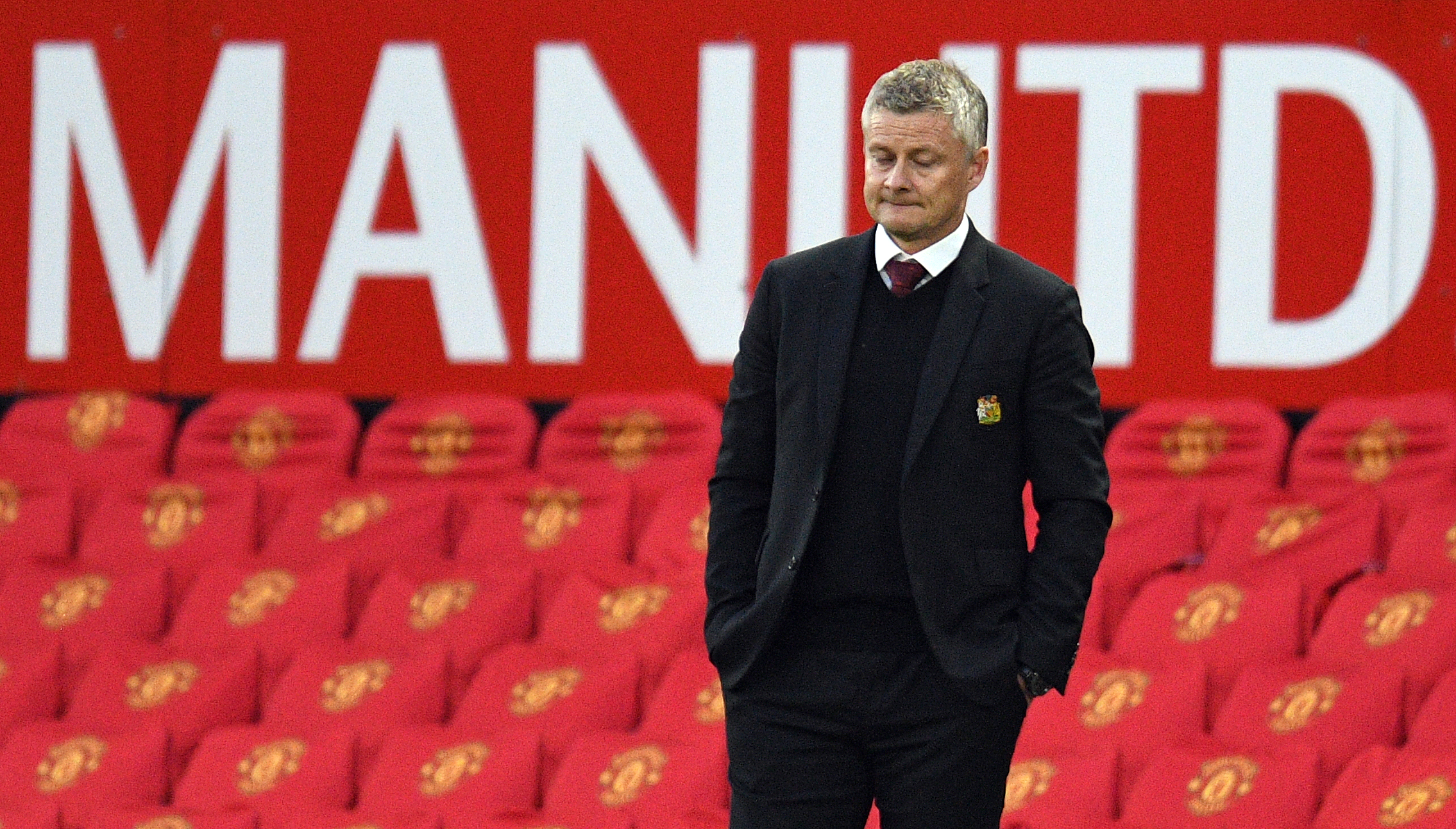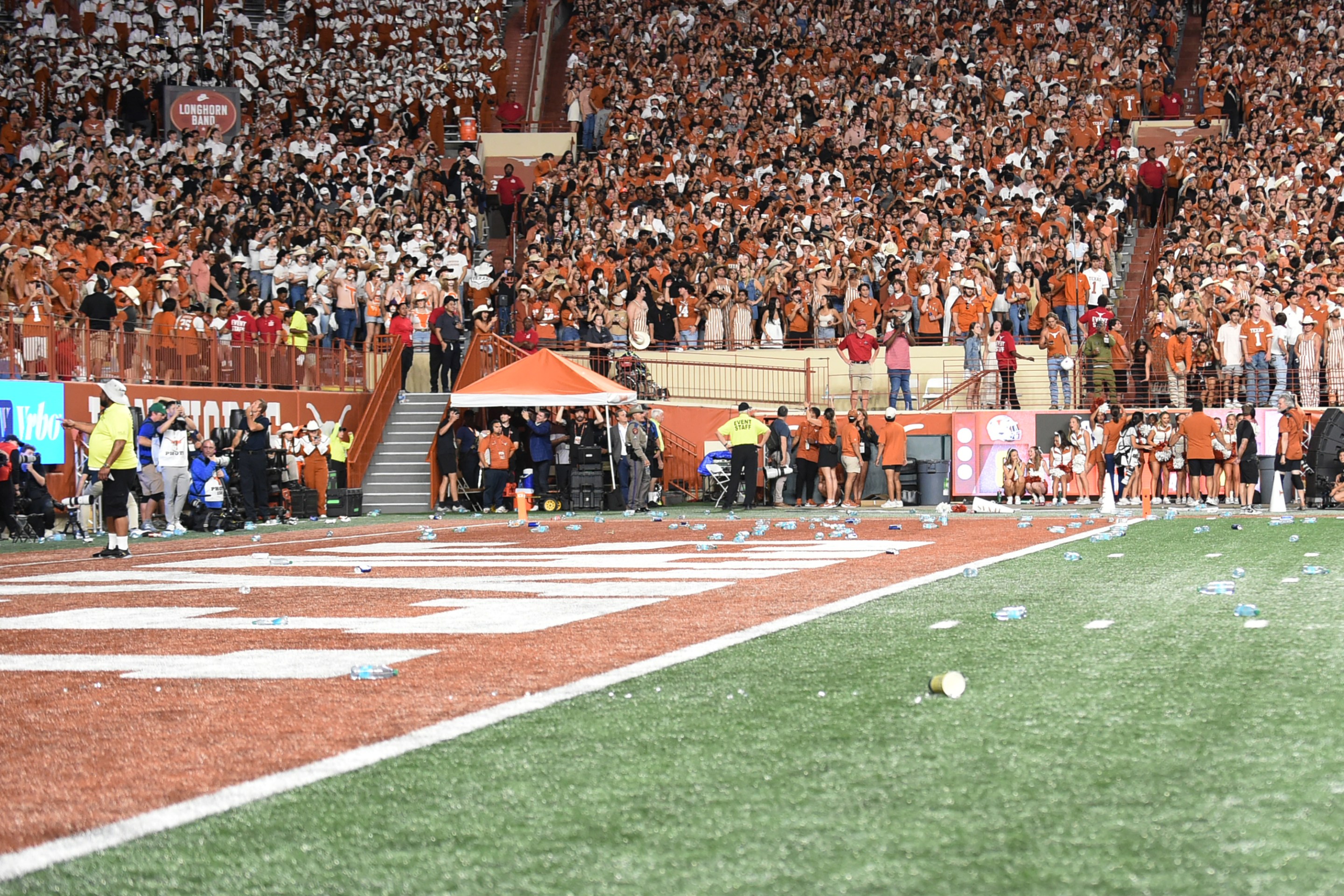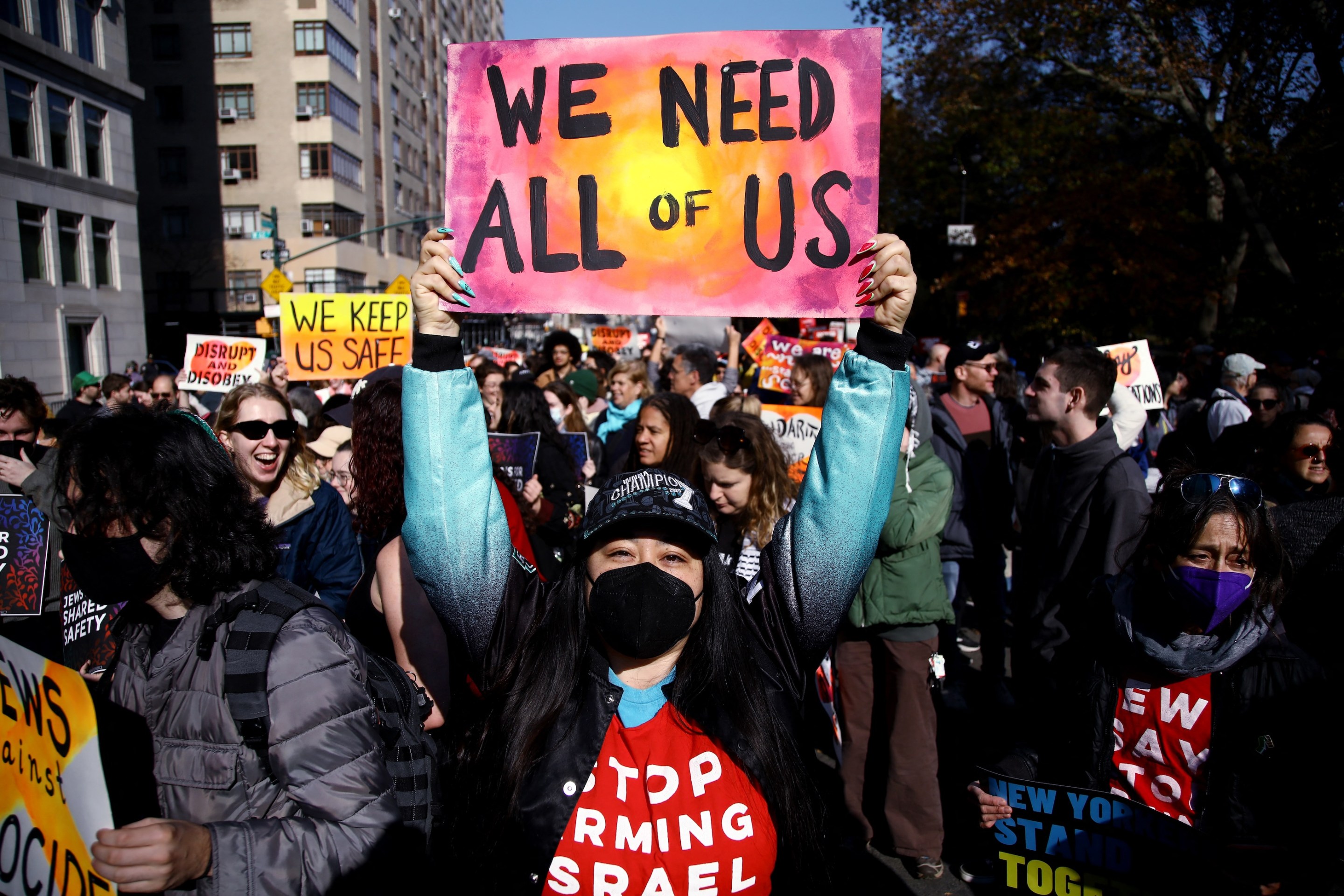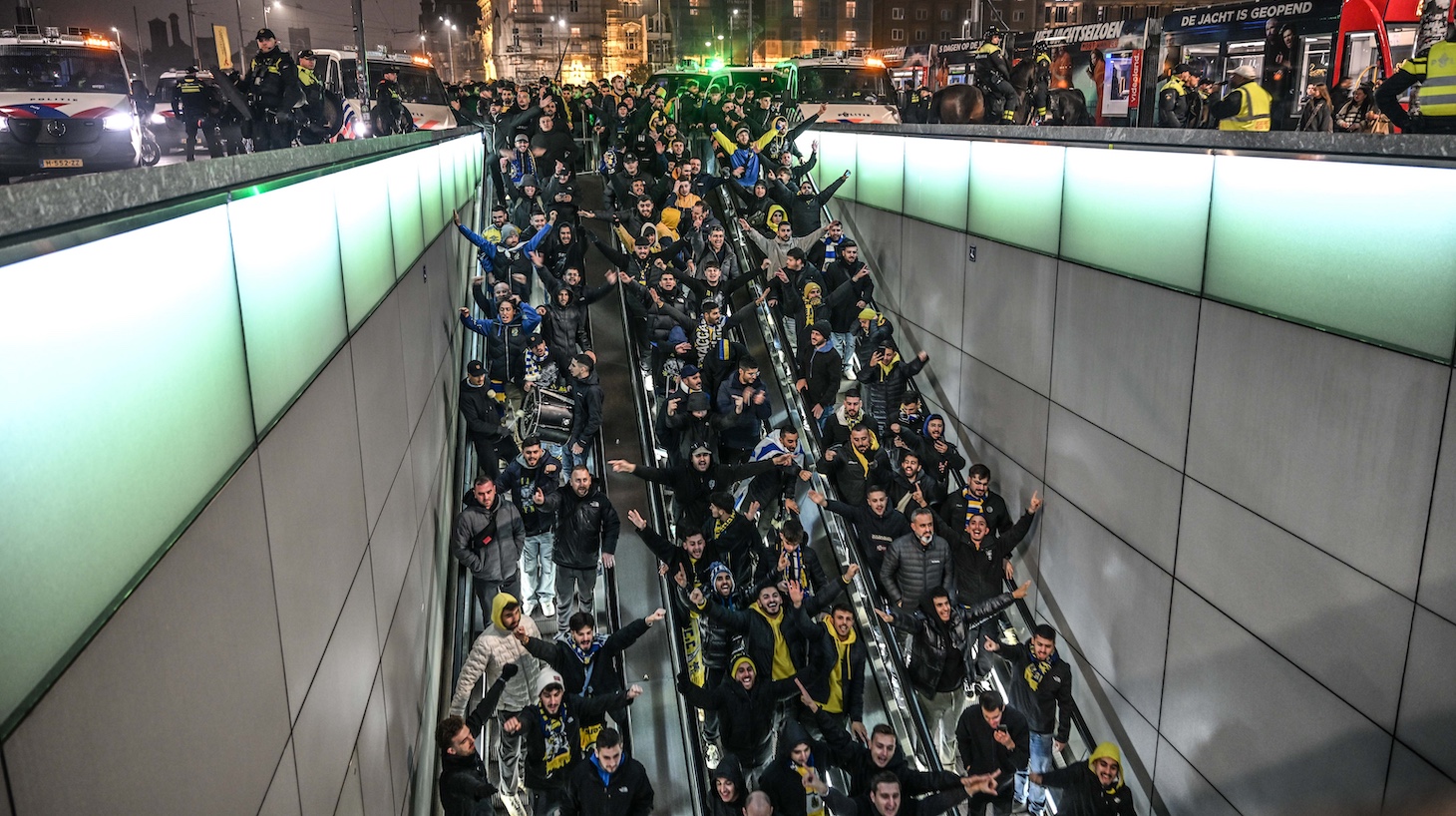Whenever one of the big clubs in the Premier League gets blown out by some humiliating scoreline, the result is a little like the movie The Purge. The team that stomped the big club gets to feel like kings for a week or so, fans all the other teams in the league get to bask in the schadenfreude, and pundits can fill nearly unlimited broadcast hours and column inches ranting about how the big club is fraudulent. Sunday offered not one but two of such bloodlettings, and because of the clubs it happened to and the magnitude of the blowouts, it will be remembered as one of the most cathartic Purges in ages.
First on the chopping block was Manchester United, who got torn to shreds by Tottenham in a 6–1 defeat at Old Trafford. In a surprising show of solidarity, Immediately after, Liverpool essentially said "You'll never walk alone" to their eternal rivals and promptly got smashed, 7–2, by Aston Villa. To really drive home the once-in-a-life nature of the conjoined beatings, Sunday was the first time in their collective history that United and Liverpool both gave up six-plus goals on the same day, according to Stats Perform.
Though they kicked off second, let's start with Liverpool's loss, because it is both more stunning and less concerning. The Reds were missing three of their best players, due to Sadio Mané and Thiago contracting COVID-19 and Alisson coming down with a shoulder injury. Alisson's injury had the biggest impact on the Villa game, as backup goalkeeper and mistake merchant Adrián had a howler on Villa's first goal, giving the surprisingly proficient underdogs a head start.
While this game is probably closer to being a blip than an omen of things to come, there are some concerns going forward for the defending champions. Namely, the high line that they have played this season is not working. Virgil van Dijk hasn't been quite as good as normal so far this season, and Joe Gomez has been downright bad. Even more than those individual performances, Liverpool's back line is not getting the protection it needs from the forward and midfield lines, which have not been the pressing monsters the high back line relies on to work. That high line was picked on by a Villa team that came in with a plan: let Liverpool's marauding fullbacks charge up, push into that vacated space after a turnover, and target Gomez's side of defense. To that point, Jack Grealish feasted from the left wing spot, finishing with two goals and three assists.
These are coaching problems, though, and Liverpool boss Jürgen Klopp has earned the benefit of the doubt that he'll spot the issues and turn them around. In fact, if Liverpool wants to transition away from pressing so intensely with an extremely high line, Thiago would be the ideal addition to help build a more patient team that can dominate without sprinting for 90 minutes straight. So, while embarrassing and historic, the 7–2 might not be telling of a fatal flaw for the side's quest to repeat as champions.
In contrast, the Manchester United result seems more understandable on the surface—given that Tottenham is generally considered to be a better side than Aston Villa—and also more concerning. United got their allotted penalty early this time around, following up their 100th-minute spot kick against Brighton last week with a second-minute penalty against Spurs. From then on, though, it was a nightmare for the home team. Tottenham responded to United's goal with two quick goals of their own before the ten-minute mark, both of which originated from defensive lapses by a team that, somehow, hasn't even tried to improve its defense in the offseason.
The key moment of the game was a silly red card, in which Anthony Martial smacked Erik Lamela in the face after Lamela shoved him in the neck with a forearm. Martial deserved the red, but Lamela easily could have and probably should have been sent off, too. (As an aside, it would be great if baiting an opponent like Lamela did was penalized more heavily.) After dropping to ten men, United lost all rhythm and intensity, and the rout was on.
United's problems go beyond a mere red card–induced beatdown. Even at full strength, their defense is simply not good enough. With the transfer window closing on Monday, it doesn't seem likely that they will bring in any center backs to address that problem. (Reports say United will add left back Alex Telles before the deadline, but he's much more of an offensive weapon than a defensive one.) Even the club's most reliable defender, club captain and most expensive center back ever Harry Maguire, has been shaky in Manchester, and was at fault for both of Tottenham's first two goals on Sunday. It also might be time to consider Dean Henderson in goal over David de Gea, even if just as an experiment; the Spanish number one has not been world-class for a couple of seasons now, and Henderson had a fantastic year on loan at Sheffield United. Regardless, United is long on problems and short on solutions.
As is always the case, blowouts themselves only matter insofar as they hint at deeper issues, and deeper issues only matter insofar as they are resolvable or endurable. Liverpool's deeper issues are both resolvable and endurable, so they should be fine. United might not be fine, but that has less to do with Sunday's loss itself and more to do with the fact that the team, as currently constructed, is not good enough.
This Premier League Purge night was a hoot for neutrals and a nightmare for fans of England's two most decorated clubs, but now it is morning, and even Liverpool and Manchester United have to return to normalcy. While that's most likely good news for the Reds, "normalcy" for United unfortunately looks just about as scary as Sunday.





